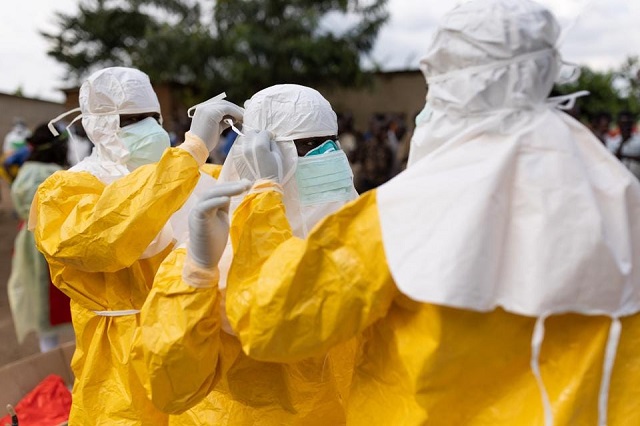
WHO links mystery illness in DR Congo to malaria and viral respiratory infections
Kinsasha, DRC | THE INDEPENDENT | The World Health Organization (WHO) has revealed that the disease affecting hundreds and killing dozens in neighboring DR Congo is a combination of malaria and viral respiratory infections. This mystery illness, which began causing fatalities in late October in the Panzi Health District, a remote area in southern DRC, has primarily affected children under five years of age.
The symptoms include high fever, cough, body weakness, and several other signs consistent with acute respiratory diseases. In its latest statement, WHO revealed that they conducted laboratory tests on 430 samples and the results were positive for malaria and common respiratory viruses including influenza A, rhinoviruses, SARS-COV-2 that causes COVID-19, parainfluenza viruses, and Human Adenovirus.
“… these findings suggest that a combination of common and seasonal viral respiratory infections and falciparum malaria, compounded by acute malnutrition led to an increase in severe infections and deaths, disproportionately affecting children under five years of age”, reads the statement in part.
According to weekly updates by the Ministry of Public Health in DR Congo, the number of positive cases so far recorded stands at 891 including 48 deaths. However, the ministry has previously reported that there were a number of community deaths that happened before November 29th when a formal alert was issued whose figure could not be estimated.
Now, experts at the WHO say what’s happening in DRC highlights the severe burden from common infectious diseases in a context of vulnerable populations facing food insecurity. They emphasize the need to strengthen access to healthcare and address underlying causes of vulnerability, particularly malnutrition, given the worsening food insecurity.
Meanwhile, identifying the cause of this previously undiagnosed disease has taken experts a long time with both WHO and the Africa Centers for Disease Control (CDC) previously reporting encountering access challenges due to poor road network.
In addition, Prof. Placide Mbala a virologist and an Associate Professor at the University of Kinshasa’s School of Medicine indicated that they until recently had no swabs to use to conduct nasopharyngeal tests on patients who had presented with symptoms, which is why they were delaying to identify the exact pathogen causing sickness.
Now, WHO says further tests are being done and that they have deployed a multidisciplinary rapid response team to continue investigating and strengthening the response by among others providing support for diagnosis and ensuring that those affected get timely treatment.
******
URN
 The Independent Uganda: You get the Truth we Pay the Price
The Independent Uganda: You get the Truth we Pay the Price



